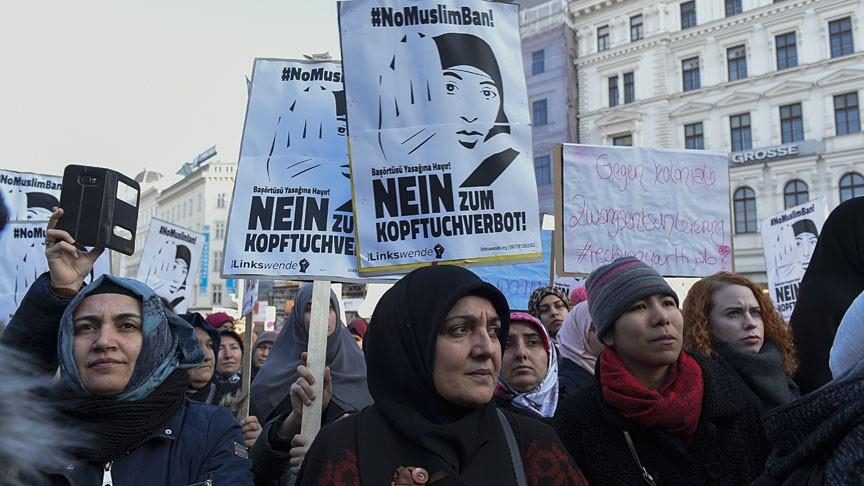Germany has an Islamophobia problem that is deepening, with Muslim women facing rising hate crimes, discrimination, and political denial amid growing far-right rhetoric.

. Germany has an Islamophobia problem—and it’s getting worse. Amid rising hate crimes, far-right mobilization, and state institutions failing to confront systemic anti-Muslim racism, Muslim women are becoming the most visible—and vulnerable—targets.The evidence is mounting, but the silence remains deafening
Their crime? Wearing a hijab. Speaking Arabic. Looking “too Muslim.”
Rising Hate, Falling Protection
Recent government data and watchdog reports confirm an upward trend in anti-Muslim attacks across Germany. Mosques have been vandalized. Muslim homes have been targeted. And yet, the stories that receive the least attention are the most disturbing: the daily microaggressions, workplace discrimination, school bullying, and street-level threats disproportionately aimed at Muslim women.
The headscarf—used by some as a symbol of personal faith—is increasingly treated as a provocation in German public discourse. Women who wear it report being spit on, verbally assaulted, denied job interviews, or excluded from public life entirely.
Mixed Messages from the State
The German government’s response to this crisis has been inconsistent. While some federal voices condemn far-right violence, others quietly support or propose headscarf bans in schools or civil service roles, under the pretense of neutrality. This sends a dangerous message: that Islam is inherently incompatible with German values.
For Muslim women, it creates a double bind. They are simultaneously hyper-visible and politically erased. Their identities are weaponized by the far right and politicized by liberal institutions claiming to “protect secularism.”
When Silence Becomes Complicity
By failing to draw clear lines between secular policy and discriminatory practice, German authorities risk emboldening perpetrators. When Muslim women are attacked on public transport or intimidated at work, too often the state offers no recourse. Hate crimes go underreported. Offenders are rarely prosecuted. Victims learn to internalize or avoid.
The message is chilling: don’t complain, or you’ll be labeled a threat to integration.
A Broader European Pattern
Germany’s problem is not isolated. Across Europe, similar trends show Islamophobia rising, often wrapped in nationalist, “pro-freedom” language. But Germany’s historical responsibility makes its position especially significant. Having once sworn “never again” to exclusionary ideology, Germany must now confront its rising complicity in the everyday marginalization of millions of its own citizens.
Muslim women are not symbols. They are citizens, workers, students, and mothers. When they are attacked, denied opportunity, or pushed into invisibility, Germany loses part of its own democratic fabric.
The Urgency of Cultural Reckoning
What’s needed is more than statements of tolerance. Germany must invest in education, prosecution of hate crimes, representation of Muslims in public institutions, and media accountability. A shift must occur—one that no longer tolerates the double standard of condemning hate while subtly promoting the rhetoric that fuels it.
The time to act is now. Because Germany has an Islamophobia problem, and if the state does not act, society will pay the price in lives, justice, and cohesion.













Comments are closed.